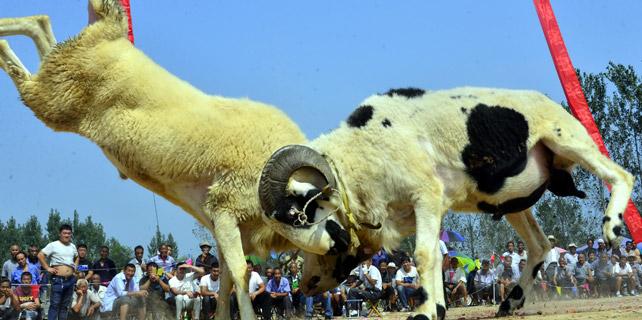Juncker says EU becoming stronger and more united
European Commission President Jean-Claude Juncker said on Wednesday the European Union has bounced back from its 10-year economic and financial crisis, and he pledged to strengthen the economic and monetary union, in spite of the United Kingdom's departure.
Juncker delivered his 2017 State of the Union Address before the European Parliament in Strasbourg and presented a roadmap for a more united, stronger and more democratic union.
"Ten years since crisis struck, Europe's economy is finally bouncing back," he said. "And with it, our confidence. Our EU-27 leaders, the Parliament and the commission are putting the Europe back in our union. Together, we are putting the union back in our union."
In his address last September, Juncker said the union was faced with an "existential crisis" because of Brexit, terrorism attacks, and immigration problems.
On Wednesday, he was more confident.
"The wind is back in Europe‘s sails. But we will go nowhere unless we catch that wind. …We should chart the direction for the future," he said.
And Juncker insisted the EU is open for free-trade talks, saying his commission proposed negotiations with Australia and New Zealand.
As expected, he also proposed a new EU framework for investment screening, to protect "strategic interests".
The commission also suggested a new industrial policy aimed at making the EU into the world leader in innovation, digitization and decarbonization.
On climate change, Juncker said Europe will ensure “we make our planet great again” and he also vowed to unite the eastern and western Europe.
"Europe extends from Vigo to Varna – from Spain to Bulgaria. Europe must breathe with both lungs, otherwise, our continent will struggle for air."
If the EU wants to strengthen its external borders, he said it will need to immediately open the Schengen Area to Bulgaria and Romania.And the bloc will also allow Croatia to become a full Schengen member, after it meets the criteria, Juncker added.
He said the euro should be more than the currency of a select group of countries but the single currency of the European Union.
And he called for the merging of the roles of the presidents of the European Commission and of the European Council, to provide a single leader for Europe.
"Having a single president would better reflect the true nature of our European Union as both a union of states and a union of citizens," he said.
On the subject of Brexit, he said the union will go from having 28 members to 27 members on March 30, 2019.
"My hope is that on March 30, 2019, Europeans will wake up to a union where we all stand by our values."









